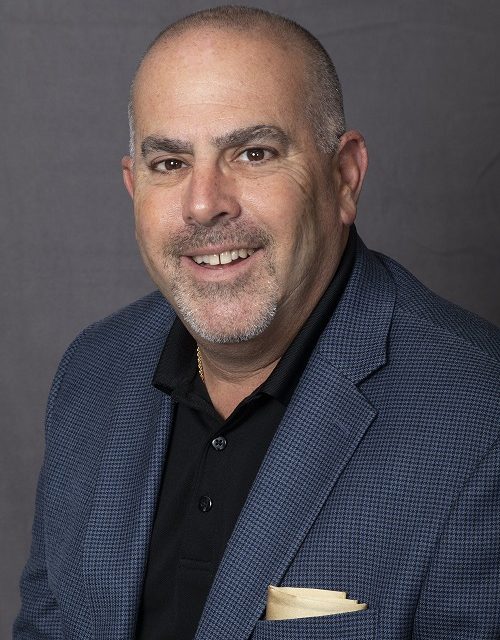By Jeff G. Konin
For the past few years, I have consulted in the cannabis space with athletic teams, athletic organizations, educational institutions, and industry. How does one whose responsibility is to educate others on a unique topic such as cannabis gain an appreciation for leadership? Simply put, the educational role that I have intersects far beyond the differences between CBD and THC, how to read a certificate of analysis, or what role healthcare providers have in the future. Rather, it is about objectively influencing a behavior to accept surrounding societal changes and better learn how to embrace one’s stakeholders who likely possess different views than many of us held in the past regarding cannabis.
The first lesson that I have learned is that leadership requires having an open mind, a willingness to learn, and an intentional approach to address all aspects of one’s endeavors with the belief that improvement is always possible. I have found this most in the partners that I have worked with directly. In their discipline, they are proven winners. They have demonstrated that they can and will take on every aspect of what is necessary to be the best at what they do. This pertains to leading a company and leading a sports team the same. I have witnessed first-hand and had the distinct privilege to sit down and meet with these leaders, their receptiveness and desire to utilize my expertise in an effort to improve their businesses and programs. This is bold leadership, but also the type of leadership necessary for the advancement of where the cannabis world is taking all of us. Very similar to how these leaders put their programs and businesses out there to navigate uncharted territory in their disciplines.
The second set of valuable leadership lessons that I have encountered is that of patience, observation, caution, and methodical thinking. In my many discussions with individuals, businesses, organizations, etc., about the direction of where cannabis-based products, laws, policies, and interventions are headed I have been met not with resistance to collaborate but rather a “wait and see” type of approach. These groups of leaders are aware of the cannabis movement in their industry, and they have a mostly clear appreciation for how it has impacted their stakeholders. What they do not have or want to implement are immediate changes to what they view as an ever-rapidly changing world around them where acute changes that they make could become obsolete in a relatively short period of time. In the sports world where I hover, this holds true in an environment where teams and leagues like to see what others are doing first before they act. As I watch these leaders in action, they remind me of someone saving for retirement and putting their investments in a conservative account which they monitor frequently, not likely to make rapid gains, but also not likely to take huge losses. Ultimately if the timing is right, the education level meets an acceptable threshold, and changes are deemed to be viewed as beneficial to the stakeholders, these leaders act with careful consultation and guidance as they proceed with their cannabis initiatives.
The third type of leadership that I have encountered throughout my travels is one that I would not suggest others subscribe to. Simply put, these leaders operate with an antiquated way of thinking, are set in their ways, unreceptive to learning new approaches, and have a tendency to come across as knowing it all. In all honesty, while this is the type of leader who needs the most education, it is the person who I spend the least time with trying to convince that they don’t know what they don’t know. I am not a salesperson at heart. An influential educator perhaps, but in a factual manner who allows others to see for themselves how the content that I share is of value to them. I have nothing to prove or sell as a service. Yet I am so perplexed as it took me many years to build a competent knowledge base, and one that I realize continues to grow daily as I learn from others, these types of leaders make it clear to me that there is nothing more they need to learn about how cannabis will impact their stakeholders. To be honest, I feel bad for their stakeholders, who are being led by closed-minded leaders. And similar to how I noted that leaders who operate with foresight and vision tend to have proven track records of being successful, it has been glowingly apparent to me that the leaders who do not embrace necessary changes around them with this topic also lead in the same way with other topics of critical importance to their environment.
Jeff G. Konin is a Clinical Professor in the Department of Athletic Training in the Nicole Wertheim College of Nursing and Health Sciences at Florida International University (FIU) where he directs the Global Initiative for Cannabinoid Research and Education. To learn more about FIU’s cannabinoid research and education initiative you can visit their website at https://go.fiu.edu/GlobalCannabis. Views represented in this column do not reflect those of Florida International University and are solely attributed to Dr. Jeff G. Konin.









